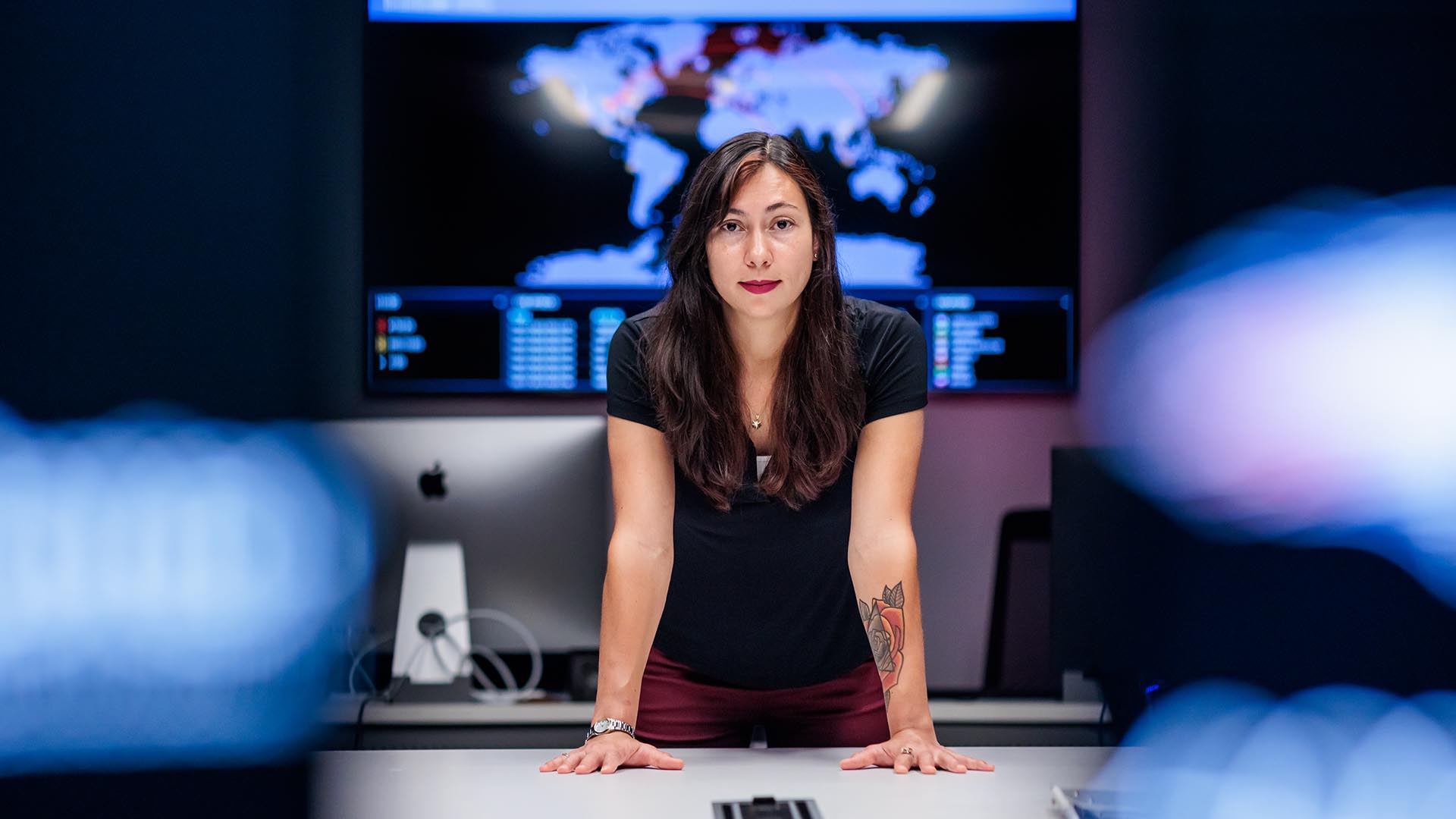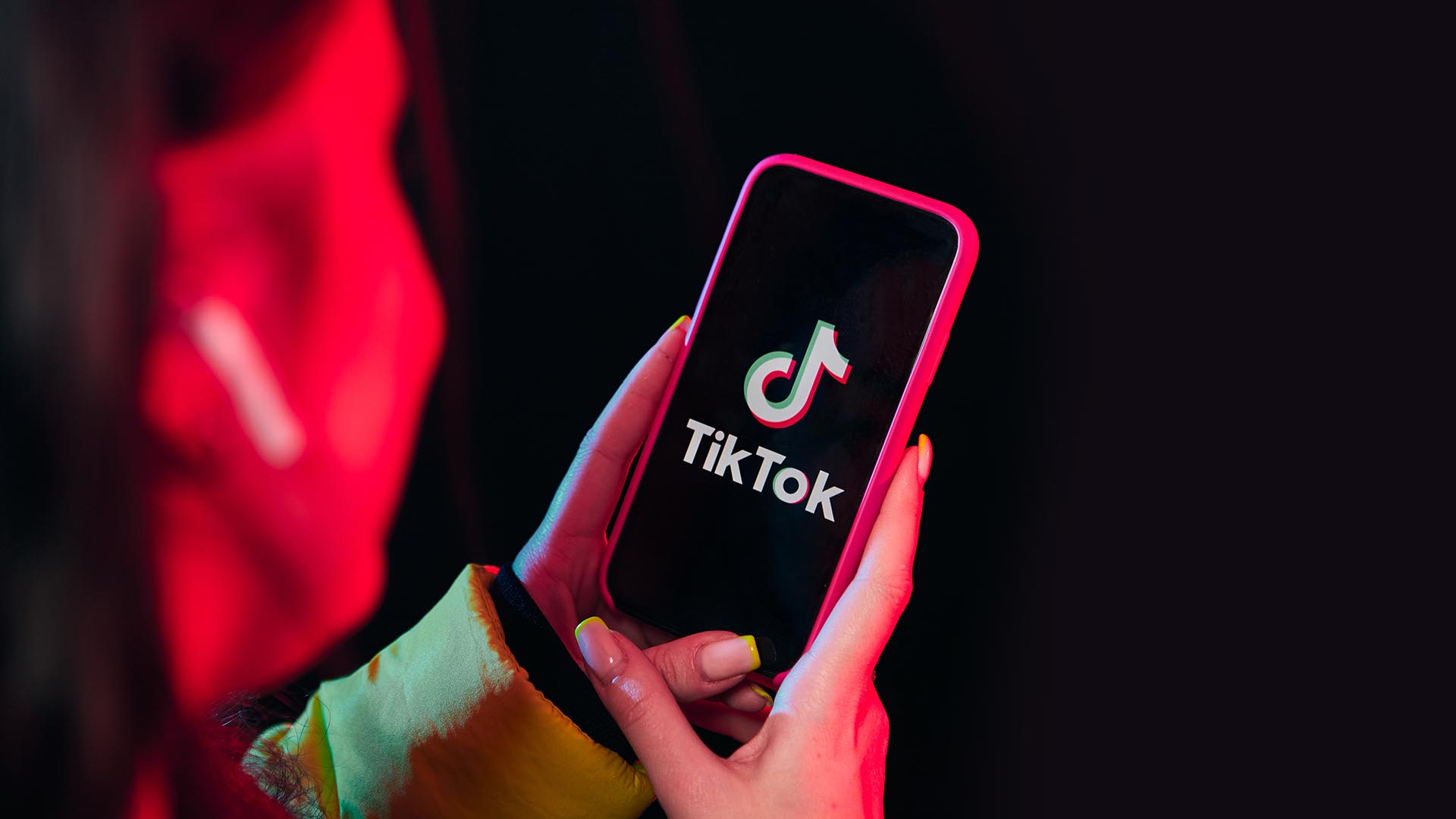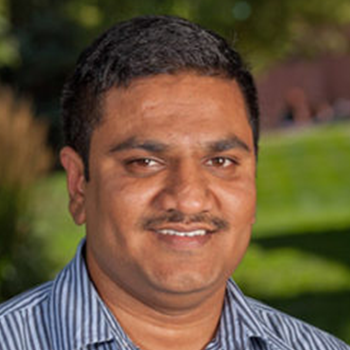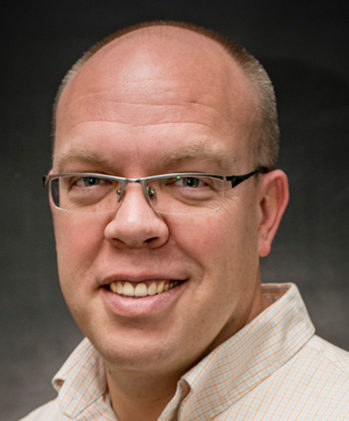Cyber success
A Navy veteran finds his passion – and a job at Lockheed Martin – in the high-demand field of cybersecurity.
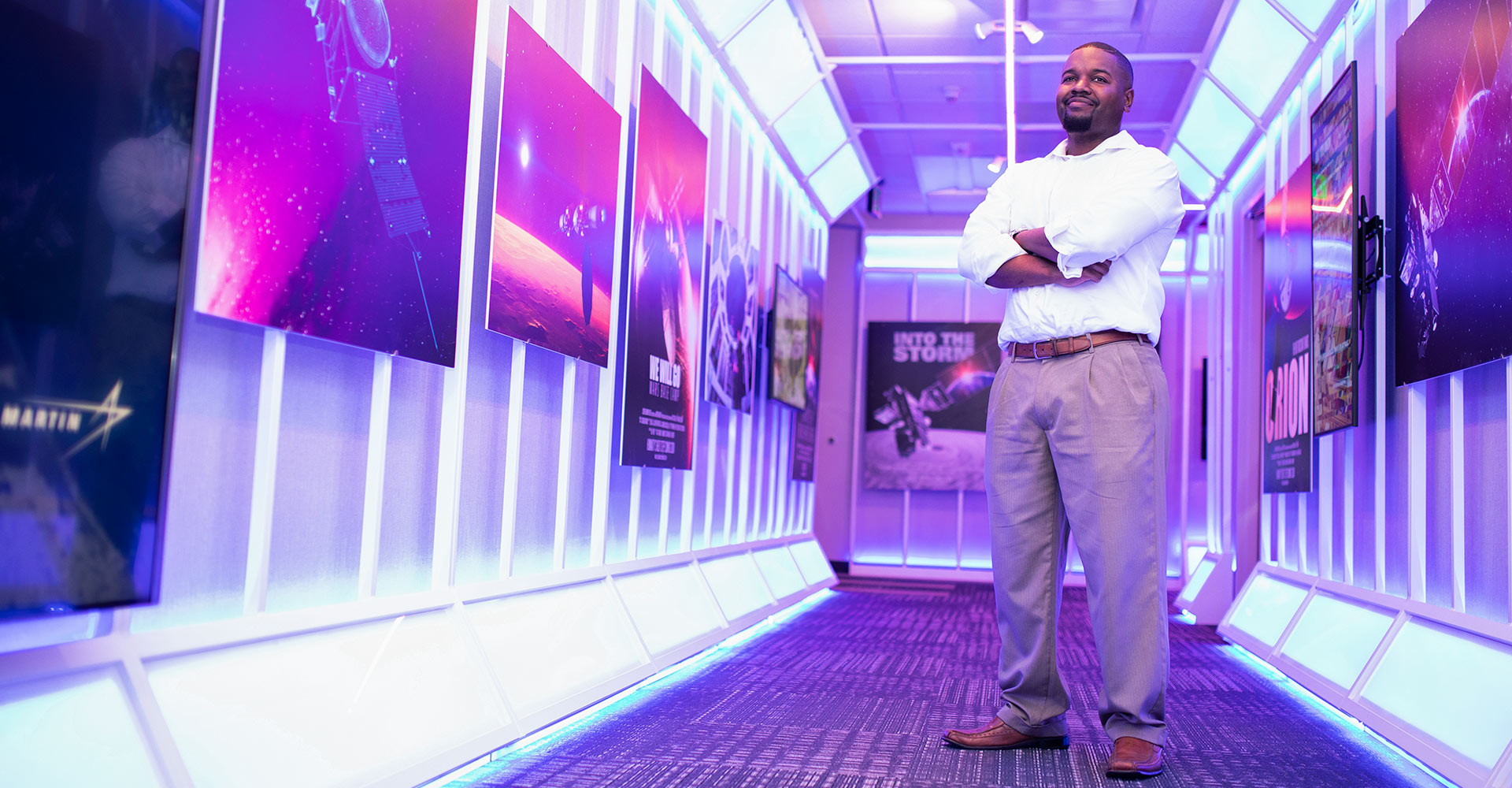
Malcolm Young discovered the demand for qualified cybersecurity professionals when he visited Lockheed Martin last fall for a software development position and instead walked out with a job in cybersecurity.
Young, a 2019 computer information systems graduate of Metropolitan State University of Denver, was one of many college students interviewing at Lockheed Martin for software positions in fall 2018. As the group walked through the facility, a state-of-the-art Wi-Fi hacking router caught Young’s eye. All the other students passed by oblivious, but when Young asked a few questions, he caught the attention of the hiring manager, who shuffled him off to introduce him to the head of a cybersecurity team.
When the hiring manager asked if his real passion was cybersecurity, Young responded, “Oh, no, this is Lockheed Martin. I can do anything you need – you need me to script, I’ll script. I’ll program. I can do Java – it doesn’t matter.”
But cybersecurity is an exploding field, and Lockheed Martin, the largest defense contractor in the world, has an immediate need. Once Young proved he knew what he was talking about, he was a lock for the job.
“We had a great interview. It didn’t even feel like an interview. I was just telling him the things I like to do,” Young says. “I was ecstatic that I got the opportunity to do all the things that I enjoy doing.”
Searching for cybersecurity
A 2019 report from labor-market analytics firm Burning Glass Technologies found that the number of cybersecurity jobs increased by 94% in six years – triple the growth of the overall information-technology market. However, the talent pool for cybersecurity hasn’t grown at all.
The demand for cybersecurity experts stems from the increasing number of cyberattacks. Data gathered by the nonprofit Privacy Rights Clearinghouse show major breaches increasing from 136 in 2005 to 668 last year – nearly a 400% increase.
Andrew Traver, former director of the Naval Criminal Investigative Service and a recent addition to the MSU Denver faculty, established a Cyber Directorate during his time at NCIS. The Navy, he says, was more advanced in its cybersecurity efforts than other branches of the military because it employed civilians who came from diverse backgrounds. But that also presented a big challenge: retaining those experts who were also coveted by private industry.
“It’s one of the fastest-growing specialties in law enforcement.” Traver says. “We need people coming out of universities who know what’s going on.”
That need is a major reason MSU Denver launched a cybersecurity major in 2018 and a master’s in cybersecurity this fall.
Life at Lockheed Martin
Young was a valued cybersecurity recruit because he brought a military background to go along with his academic credentials. He was an electronics technician on a Navy submarine before he ever took a college course. But his affinity for technology goes back to his youth, when he started opening up computers and other devices to see how they worked.
“I’ve always had that knack for tinkering with stuff. Then I found out you can make money doing it,” he says.
He worked at security company ADT Inc. after he left the Navy and later spent his final semester at MSU Denver taking two classes on campus while working 40 hours per week for Lockheed Martin in Colorado Springs. Even though he worked all through college, the cyberarchitecture, intelligence and analytics engineer at Lockheed Martin says it doesn’t feel like work when you love your job.
“Don’t get me wrong – there were times I was exhausted,” he says, “but it’s a different type of exhaustion when it’s something you like doing.”
Young can’t say exactly what it is that he does – that comes with the territory of top-secret clearance – but it includes a team of eight and a lot of IT buzzwords: servers and firewalls, routers and switches, machine language and artificial intelligence.
“Right now, I’m happy to be part of such an awesome team,” he says. “Long term, I’d like to move up in the company, but I’m happy where I am getting free rein to play with all the expensive toys.”



